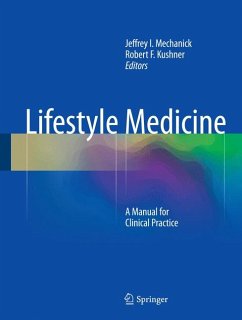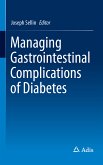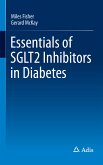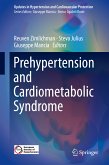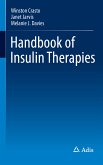Lifestyle - the manner in which people live - is fundamental to health, wellness, and prevention of disease. It follows that attention to lifestyle is critically important to effective and successful health care. But here's the challenge: health care professionals receive very little, if any, formal training about lifestyle counseling and therefore are ill equipped to incorporate lifestyle issues into clinical practice. In response, "Lifestyle Medicine" is evolving as a means to fill this knowledge gap. Lifestyle medicine approaches health and wellness by harnessing the power of lifestyle-related behaviors and influencing the environment we live in. It is a formal approach that promises to enhance and strengthen a re-invigorated health care system that is still outpaced by the epidemic proportions and complexity of chronic diseases like obesity, diabetes, depression, hypertension, and cancer, among others. Lifestyle Medicine: A Manual for Clinical Practice presents this formal approach in a pragmatic context. This unique and practical manual provides clear and succinct guidance on nearly all aspects of lifestyle medicine. The approach is both explanatory and pragmatic, providing case studies and bulleted translation of academic information into clinical practice recommendations. There is an emphasis on scientific evidence wherever possible as well as opinions by the expert chapter authors who practice lifestyl
419px;">e medicine. There is a "how-to" rationality to the book, consistent with a premise that any and all health care professionals should, and perhaps must, incorporate lifestyle medicine. A valuable checklist is included at the close of the book that summarizes key points and provides a practical tool for routine patient encounters.
Dieser Download kann aus rechtlichen Gründen nur mit Rechnungsadresse in A, B, BG, CY, CZ, D, DK, EW, E, FIN, F, GR, HR, H, IRL, I, LT, L, LR, M, NL, PL, P, R, S, SLO, SK ausgeliefert werden.

